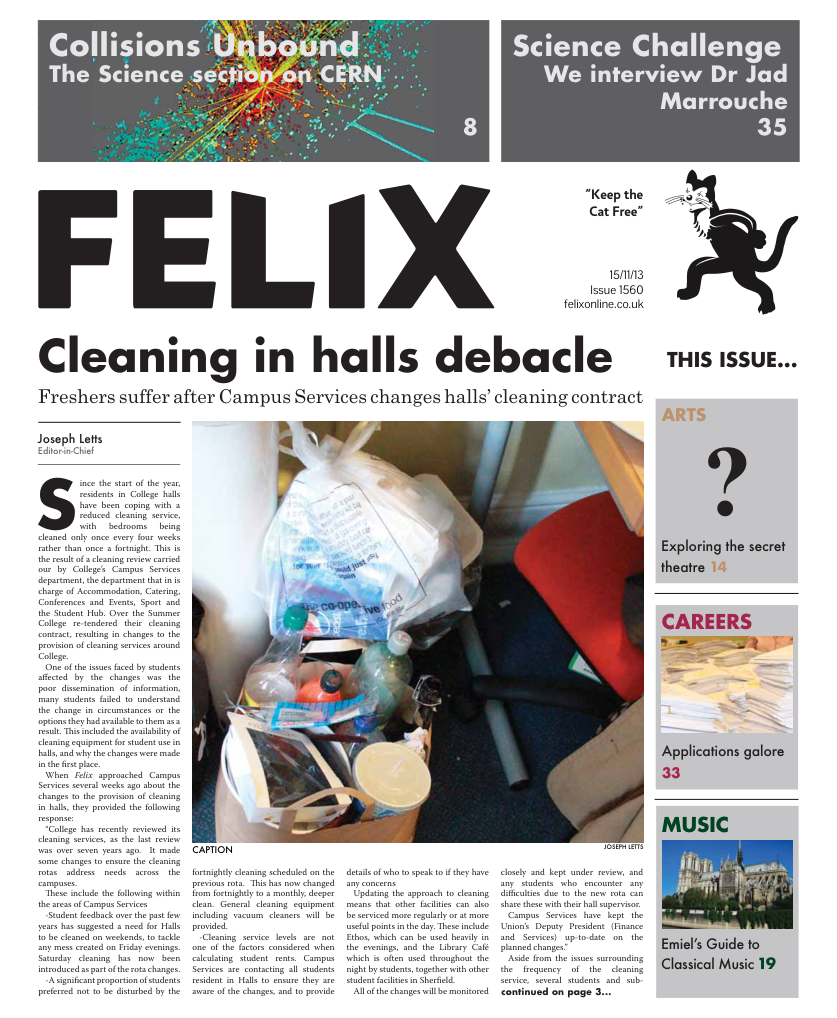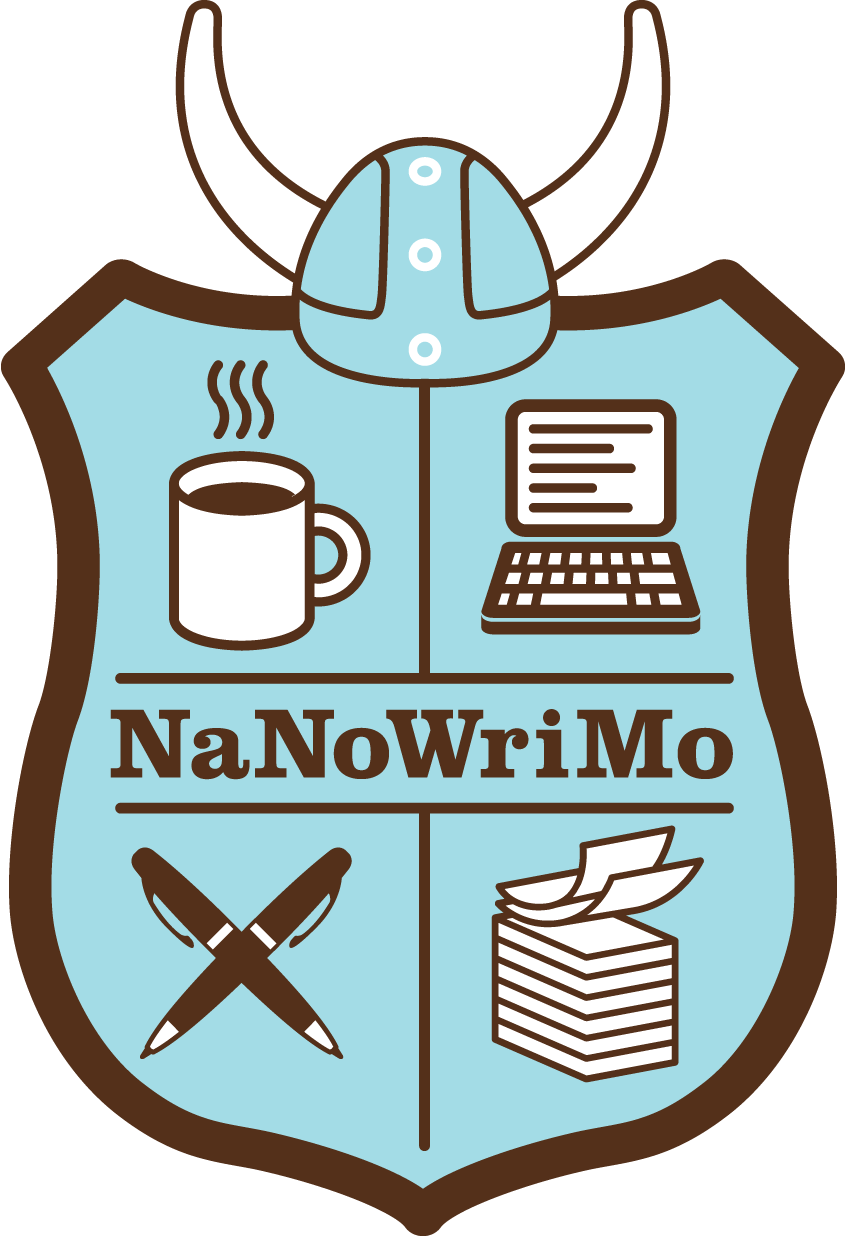The Stars My Destination
Maciej Matuszewski discusses an SF classic
Despite my extensive familiarity with science fiction I had, until very recently, had a major gap in my knowledge of the field – the works of Alfred Bester. One of the foremost writers of the late Golden Age of the genre, he has influenced later writers such as Phillip K. Dick and William Gibson, as well as TV shows like Babylon 5 and Firefly. Therefore, finally settling down to read The Stars My Destination, one of his most famous and acclaimed works, I felt both excitement and apprehension. After all, I had many times been greatly disappointed by severely over-hyped novels. However, this time, I needn’t have worried – The Stars My Destination more than lives up to its lofty reputation. Set in the twenty fifth century the novel presents us with a solar system that has long been settled by humanity and a society that has been transformed by the recently discovered ability of all humans to jaunte – teleport to any location that they have previously visited using their willpower alone. Our protagonist is Gully Foyle – the last survivor of the transport spaceship Nomad – crippled in a minor skirmish as part of the war between the inner and outer planets of the solar system. Stranded on the drifting wreck of his ship for six months Gully begins to lose hope until he is approached by another spaceship. The ship, however, ignores his signals for help – driving him to pledge revenge against its crew. He repairs the Nomad and hatches an epic, Count of Monte Cristo style plot to bring his quarry to justice. The plot and characters are certainly well thought out and engaging. The prose is clear and functional, though if one wanted to be uncharitable one might call it plain. What really makes the book stand out, however, is its setting and its themes. Over the course of his journey Gully travels all over Earth and the Solar System – allowing Bester to show off his considerable powers of imagination. He creates many unique and wonderful settings and environments which, even fifty years after the novel was published still feel unique and innovative while never seeming too unbelievable. Despite its often outlandish nature, the reader gets the feel that this is really what the world would be like if jaunting and space travel became commonplace. I have never seen a book so crammed with different ideas. In some ways The Stars my Destination is firmly entrenched in atmosphere of the Golden Age – featuring, as it does, the colonisation of the solar system, robots and outlandish science. However, it also explores elements, such as telepathy, more common in New Wave SF and even touches on almost cyberpunk-like themes of megacorporations and cybernetic enhancement. In the hands of a lesser writer this might all come together to seem confused and disjointed but Bester somehow manages to make it all fit together. The result is a truly exhilarating novel, which never fails to surprise with where it takes you next. The action, story and themes build as the novel progresses until the truly stunning climax (which features some amazing typographical experiments used to portray synaesthesia in a way which would be considered avant-garde even today). I have read few other books that are as inventive, engaging and simply exhilarating as The Stars My Destination. I can certainly see the reason for the massive influence that it has had subsequent generations of writers. It might not necessarily be high literature but I guarantee that this is a book that you won’t be able to put down and that will stay with you for a long time after you finish it.







